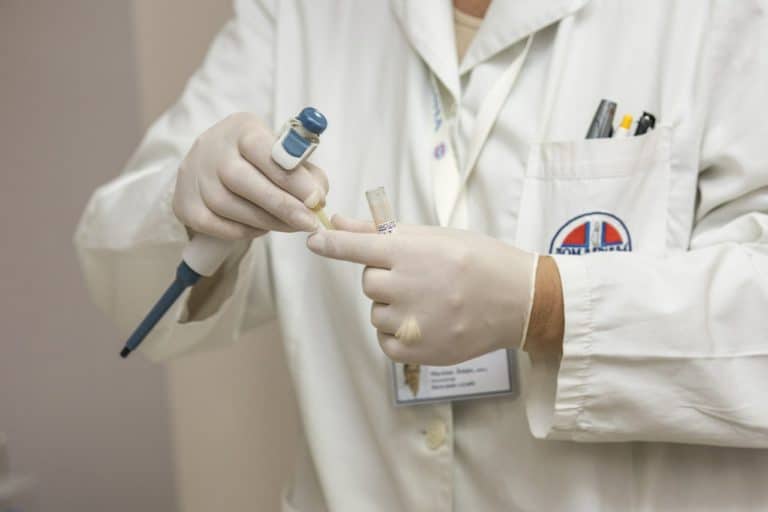One of the common ways to treat advanced prostate cancer is by significantly reducing the levels of sex hormones, especially testosterone, using hormone therapy. However, this approach is associated with some troubling adverse effects, which may be successfully addressed if men choose some natural ways to reduce hormone therapy side effects.
What are the side effects of hormone therapy?
The side effects of hormone therapy are associated with low testosterone levels and include:
- Erectile dysfunction (ED)
- Weakness, fatigue
- Sweating and hot flashes
- Loss of libido
Men who choose long-term hormone treatment may experience:
- Depression and mood swings
- Weight gain
- Risk of heart failure
- Osteoporosis
What are natural ways to reduce hormone therapy side effects
Natural ways to reduce hormone therapy side effects include approaches that help boost energy levels. They may be effective alone as well as complement both conventional and alternative methods. Consult with a knowledgeable healthcare provider before starting any alternative remedies.
Exercise
Physical exercise works at several levels to improve hormone therapy side effects. For example, it can improve blood flow to the penis as well as blood pressure by increasing the amount of nitric oxide in the blood vessels, which is how oral medications for erectile dysfunction work.
Full-body stretching as well as yoga, tai chi, or qi gong for 10 minutes periodically throughout the day can boost circulation and energy and fight fatigue and weakness. Regular physical exercise triggers the release of endorphins, which can help promote well-being and reduce depression. High-intensity interval training (HIIT) also has been shown to boost human growth hormone levels, which can relieve some of the side effects of hormone therapy.
Diet
A diet rich in fruits and vegetables, whole grains, and fish while steering clear of red meat, processed foods, and sugar decreases the risk for ED and heart disease. A healthy diet (e.g., the Prostate Health Diet) also helps you to maintain a reasonable body weight and avoid obesity, which increases the risk for heart disease as well as ED. Enjoying regular, nutrient-dense meals and snacks that don’t allow sugar levels to fluctuate also help to maintain strength and energy.
Sleep
Poor sleep can contribute to many health problems. A 2011 study confirmed that low concentrations of testosterone are associated with sleep deprivation and sexual dysfunction. Establishing a set sleep schedule and getting 7 to 8 hours nightly can support healthy erectile function as well as manage fatigue, maintain strength, and avoid depression.
Herbal and nutritional remedies
To help deal with ED, men can try red ginseng, which boosts nitric oxide leading to better blood flow in the penis with a bonus of helping ward off heart disease. Other herbal remedies with potential for ED include horny goat weed, muira puama, and carnitine.
To fight fatigue, depression, and mood swings, consider the adaptogen plant remedies, which are known for their ability to moderate normal system functioning and assist the body in adapting to stress. These remedies include maca, ashwagandha, cordyceps, rhodiola, and ginseng.
Sweating and hot flashes can be relieved with black cohosh, while red clover may also improve blood circulation. Fatigue, depression, and loss of libido may be helped with wild yam or dong quai. Vitamin E and omega-3 fatty acids are beneficial for hot flashes as well as heart health. Calcium from food rather than supplements is recommended to help avoid osteoporosis, while the addition of vitamin D (as a supplement and/or regular limited sun exposure) is excellent for bone strength as well as depression.
References
Andersen ML et al. The association of testosterone, sleep, and sexual function in men and women. Brain Research 2011 Oct 6; 1416:80-104
Dueregger A et al. The use of dietary supplements to alleviate androgen deprivation therapy side effects during prostate cancer treatment. Nutrients 2014 Oct 21; 6(10): 4491-519
Hayes L et al. Exercise training improves free testosterone in lifelong sedentary aging men. Endocrine Connections 2017 May 17







